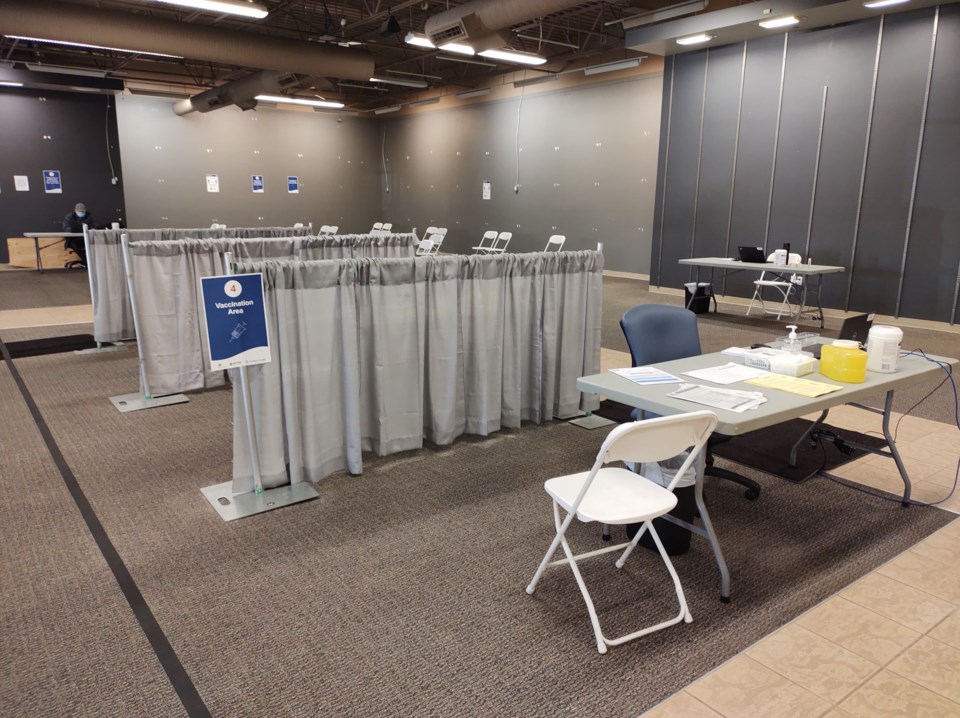The provincial government announced new interprovincial travel restrictions today, and said it wants to double vaccination rates by the May long weekend.
Public Safety Minister Mike Farnworth said the new order prohibits non-essential travel between three regional zones, based on health authority boundaries. The Northern/Interior region includes all the areas served by Northern Health and Interior Health. The other two regions are the Lower Mainland and Fraser Valley, and Vancouver Island.
The ban also applies to non-essential visitors from outside the B.C.. Farnworth says the order is to discourage recreational and social travel between health regions, and that people should hike and camp locally.
"I'm taking further action to carry us through the current spike of COVID-19 cases until more of the population can be vaccinated."
Travelling for work and volunteerism, transporting goods, accessing health or child care, going to school and funerals, or moving to a new home are all still allowed. Farnworth said signs will be posted on highways and at the Alberta border to warn people not to travel for non-essential purposes.
Farnworth said much of the caseload hotspots are in the Lower Mainland, where non-urgent surgeries have also been suspended in nine hospitals amid a rise in hospitalizations.
“We get this virus under control, we get the population vaccinated, so going from 30% today to 60% by the May day long weekend, then all of a sudden that starts to have a significant impact in terms hospitalizations, caseloads, and the pressure on our health care system,” Farnworth said.
As of Thursday there were 22 patients in hospital and 219 active cases in Northern Health.
Last week there were in 76 cases in the Dawson Creek and South Peace area, 61 in Fort St. John and the North Peace area, and one in Fort Nelson.
So far, about 75,000 northerners have received a vaccine shot, or about 26% of the population. According to BCCDC data, of the 77,451 doses have been given so far, 2,921 have been second doses.
The new order includes $575 fines, and will end after May 25, Farnworth said.
Farnworth says the province is working with police departments on how to enforce the orders, but did say there will be periodic road checks at “strategic points at the borders between health authorities,” similar to RCMP Counter Attack programs to catch impaired drivers.
“It’s not arbitrary or random. It’s not a road block,” Farnworth said.
“It’s about reminding people that if we take this action now, that we don’t travel our health region, then you know what come the summer we’ll be in a much better place where you hopefully will be able to travel like we used to,” he said.



